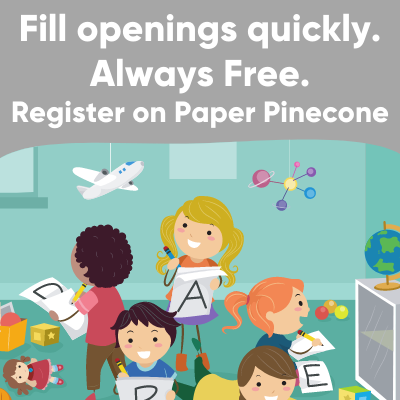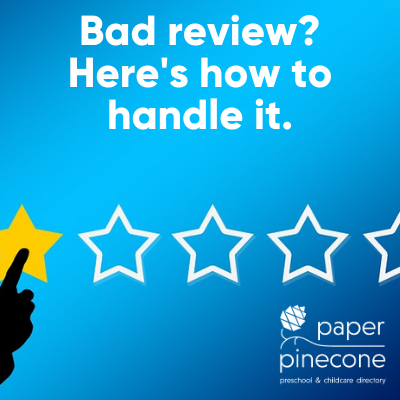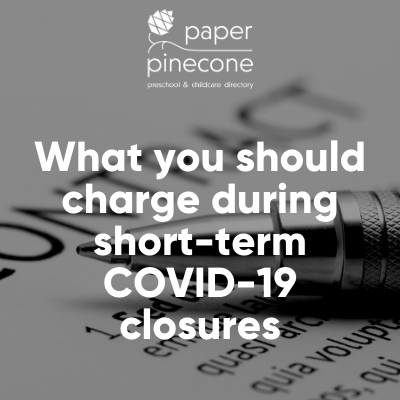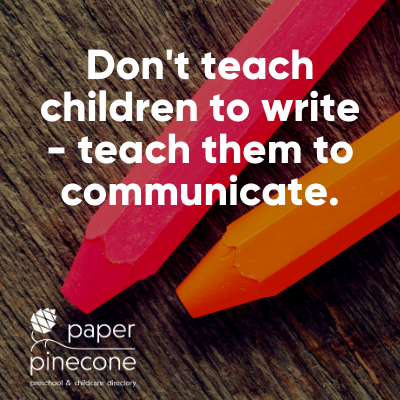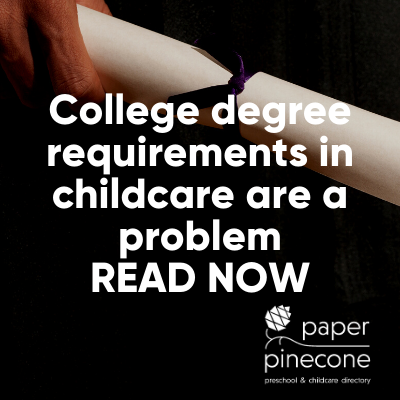Will Pods and Microschools Hurt Family Childcare Providers?
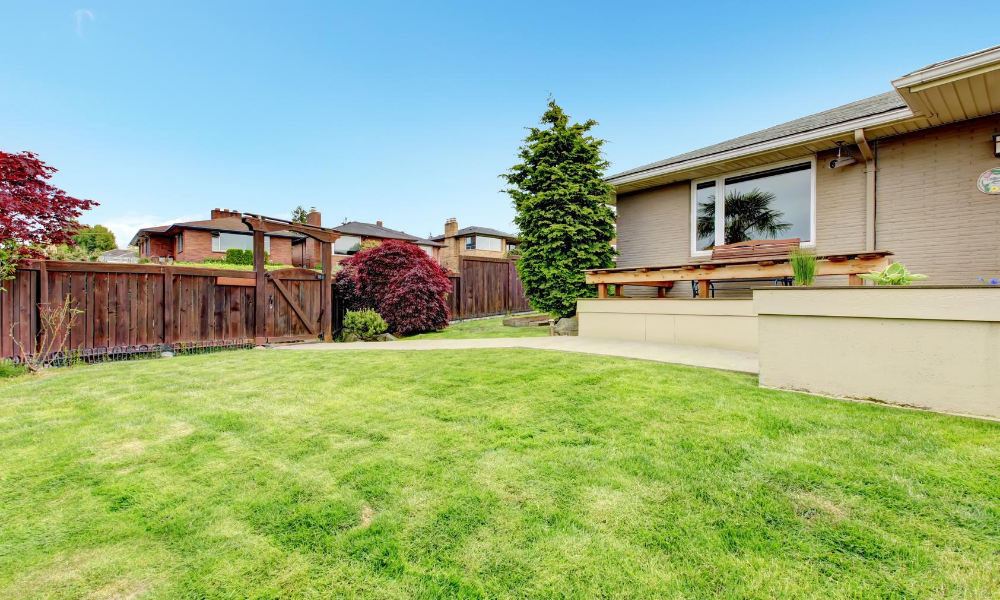
Published Date: 07/24/20
With COVID-19 shifting back-to-school to back-to-distance-learning, families across the country have been looking to form pods and microschools. Many childcare providers, especially family childcare providers, have expressed concern that their businesses will be negatively impacted by pods and are unsure what to do about them.
Fears of parents running illegal daycares have sprung up with valid discussions occurring regarding how family childcare providers are perceived when an incident happens in an illegal operation. Laws vary state-to-state as to how many non-related children can be cared for in a home if money is exchanged, with some states permitting legally unlicensed care and others not.
HOW YOU CAN GET BRAND AWARENSS ON A BUDGET
We’re already in a precarious situation where overregulation of childcare is common, leading to severe repercussions that disproportionately affect low-income communities and BIPOC. In some areas, providers have left the industry en masse over them. The childcare crisis is well documented and COVID-19 has worsened it.
But, family childcare providers are running a business and need to protect their livelihoods.
Can unlicensed pods and licensed childcare peacefully co-exist?
Absolutely. And not only that, pods, microschools, and distance learning create opportunities for childcare providers to increase revenue and visibility within their communities.
As you’re aware and may be experiencing yourself, families have been left to simultaneously support their child’s distance learning while working their full-time jobs. For the fortunate, working from home is an option, but for many, a parent or close relative can’t be physically present at home. And even those who work from home struggle to balance their jobs and their children’s schooling.
YOUR GUIDE TO A GREAT DAYCARE OR PRESCHOOL WEBSITE
In addition, while school districts have invested in improved distance learning for the fall, parents worry that their children will lag behind academically and they only have their past experience to go on which was understandably subpar – schools were in crisis mode and had no experience with distance learning.
So now, parents are establishing and joining pods and microschools to solve those two issues. Who will watch the children and how will they learn?
The vast majority of these pods and microschools will operate with a parent present and the host family will not be accepting money from other parents. A family – or several families within a pod – are offering up backyards for groups of 4-6 school-age children to learn together, often with a tutor. In some cases, children will engage in distance learning at the pod and in others, the pod or microschool will act as a way to supplement their education or follow their own homeschool curriculum.
WAYS TO SUPPORT LGBTQIA+ FAMILIES IN DAYCARE AND PRESCHOOL
In very rare instances, parents are creating preschool pods for the primary purpose of childcare and socialization where one parent is paid to care for several non-related children. And as covered, in some states this scenario is legal and in others it skirts licensing requirements. More often for preschoolers, parents are creating co-ops, rotating who watches the children each day with no financial compensation involved. Generally, pods are not being created to care for toddlers and infants and of the eight deaths that happened in unlicensed daycares in 2019 in the United States, all of them occurred in children ages two and younger.
What should you do if you’re a family childcare provider and there are pods being created in your community?
Family childcare providers should first see this as an opportunity to provide school-age care and distance learning support if your license permits. Beyond that, unless children are in danger, and simply being in an unlicensed situation does not inherently mean they are in danger, you should let them be. Reporting them hurts you.
- Investigations can lead to a grassroots effort to change childcare regulations, permitting these situations to operate, which may increase competition for FCCs.
- Investigations can lead to increased childcare regulation which is shown to have a detrimental effect, especially on low-income communities and communities of color.
- Eliminating childcare options harms your community. People, primarily moms, will need to leave the workforce without options. That immediately and directly takes money of your local economy.
- It can hurt children. A child might actually be safer in a pod arrangement than at home, with stress factors like balancing work and childcare leading to or exacerbating abuse.
- It makes you look bad. Word will get out that you’re reporting pods and even if your intentions are good, unless children are in danger, you’ll look petty and uncaring.
MARIJUANA AND MANDATED REPORTING - FIND OUT WHAT TO DO
What to do instead? Help these families. If you can accommodate their children, spread the word. If not, take to social media to offer tips and tricks on caring for multiple kids at a time. Offer projects and lesson plans (you can even put together a proprietary pod curriculum and sell it). Give advice on the best materials to purchase and the best places to get them. Make sure everyone knows that more than anything, you care about the developmental outcomes of children and are here to support your community. If you do that, it will pay off in spades for you and the children and families in your area.
Paper Pinecone is the best directory of childcare programs in the country. Register your program today at no cost to connect with thousands of parents searching for the best preschool and daycare programs in their area.
- stacey's blog
- Log in or register to post comments
